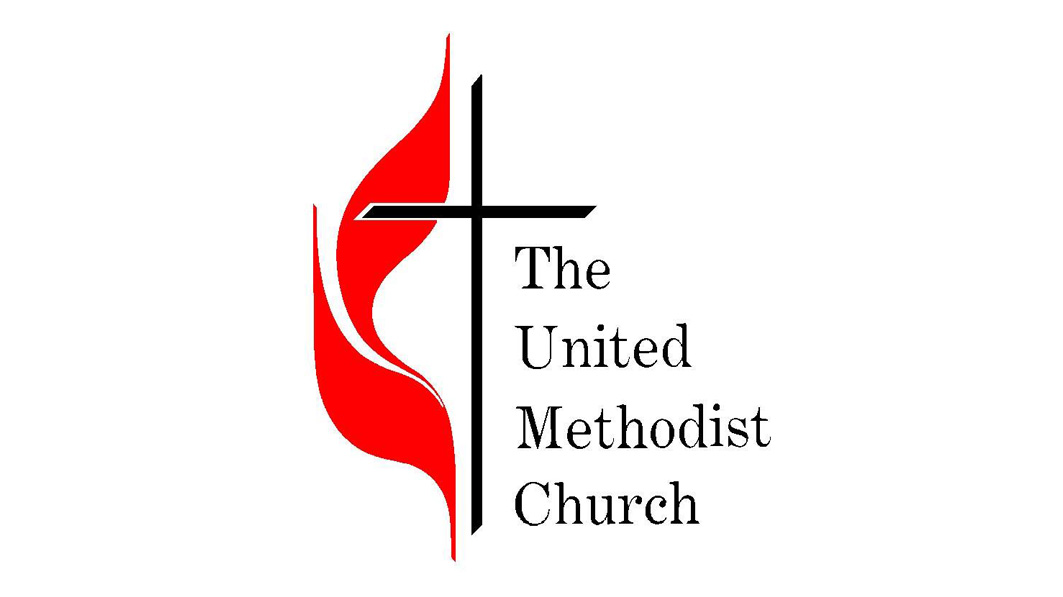The United Methodist Church (UMC), the third largest denomination in the U.S., postponed its scheduled May conference in Minneapolis, due to the coronavirus pandemic.
Almost 900 delegates were expected to come from all over the world to discuss, debate and vote on a plan for splitting the denomination: the “Protocol of Reconciliation and Grace Through Separation.”
The separation is between two groups within the UMC who differ over biblical sexual ethics – with LGBT issues at the forefront of the divide. The “Traditionalist” side believes God created humans male and female in His image and He designed marriage to be the lifelong union of a husband and wife. The “Liberal” side revises Scripture and 2,000 years of church teaching to say that God approves of homosexuality and transgenderism. Underneath this issue lie deeper disagreements about biblical interpretation and authority.
The Executive Committee of the Council of Bishops of the UMC sent a letter in early March calling for a delay of the quadrennial conference. Their letter said that “international travel restrictions to the US are making it more difficult for our Central Conference delegates” and explained that travel and a large gathering risked spreading the virus. The group also said they were motivated by “fairness of representation” and “the core value of justice.”
Then, the Minneapolis Convention Center notified the conference planning committee that it was restricting all events at the venue through May 10, so the group made the announcement to postpone the event. While not surprising, given international efforts to slow the spread of the coronavirus, the suspension delays the long-expected separation between the two groups, which have battled for decades within the denomination.
The UMC was formed in 1968, during a time of great social and sexual upheaval, with the merger of the Methodist Church and Evangelical United Brethren Church. From its very beginning, the denomination has struggled with internal battles over a number of the same issues that were being fought in the culture, such as abortion, ordination of women, and sexual issues, especially the issue of homosexuality.
In 1972, the UMC added language to its “Social Principles” document which said that “homosexuals no less than heterosexuals are persons of sacred worth” and “we do not condone the practice of homosexuality, and consider this practice incompatible with Christian teaching.” Liberal groups have worked to remove that last statement ever since.
Mark Tooley, President of the Institute on Religion and Democracy, writes that the UMC has almost 7 million members in the U.S. and close to 6 million members in countries around the world. The largest contingent outside the U.S. is in Africa, but there are also churches in Europe and Asia. International churches are generally more orthodox, holding to biblical teaching about marriage and sexuality.
It was Bible believing delegates from those countries, along with conservatives within the U.S. church, who shocked many UMC leaders (and many in the mainstream media) at a 2019 special conference by voting to uphold scriptural teaching about marriage and sexuality. They approved the “Traditionalist Plan” which maintained the denomination’s stance on homosexuality, keeping the prohibition of same-sex marriages and ordination of gay-identified clergy and making efforts to enforce these prohibitions more forcefully.
The contentious debate and vote at the special conference made it clear that there was no bridging the gap between the opposing groups. The new separation proposal was announced in January, 2020 by 16 representatives from UMC groups and included Bishops from the U.S. and from around the world. The group came together, along with a mediator, to try to negotiate differences.
The “Protocol of Reconciliation and Grace Through Separation” allows Methodist conferences – a group of churches in a geographical area – to vote by 2021 on whether to join the new, conservative denomination, with a 57% majority required.
Local churches could leave their conference and join the new denomination, retaining their property, assets and liabilities. They would have until 2024 to join the conservative denomination, with only a majority vote needed. The protocol also gives the new denomination $25 million dollars after it is formed and incorporated.
Tooley is pleased with the protocol and writes that plans are already being made for “A New Wesleyan Methodist Movement.” He says that as the new group leaves the UMC and forms a new denomination, “Liberals are inheriting the liberal church bureaucracy that traditionalists don’t want and that itself cannot much longer survive,” due to shrinking church membership and income.
He’s excited about the prospects after decades of conflict, explaining that the new movement “will start lean and fresh” and will be focused “on outreach, creativity, and growth.” Tooley adds that this will not be an easy transition but sees a new era of growth that is “rooted in ancient, timeless truth.”






